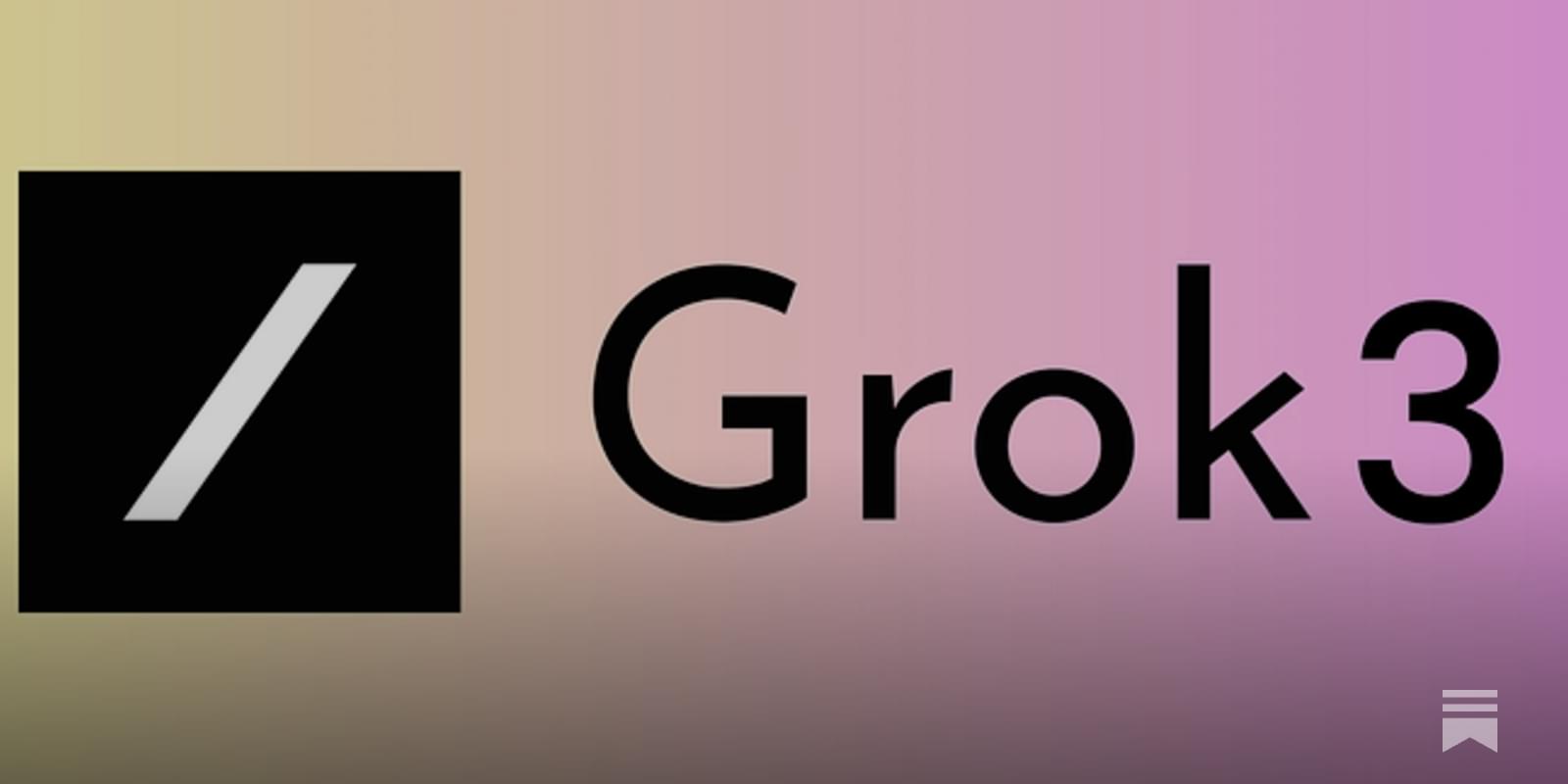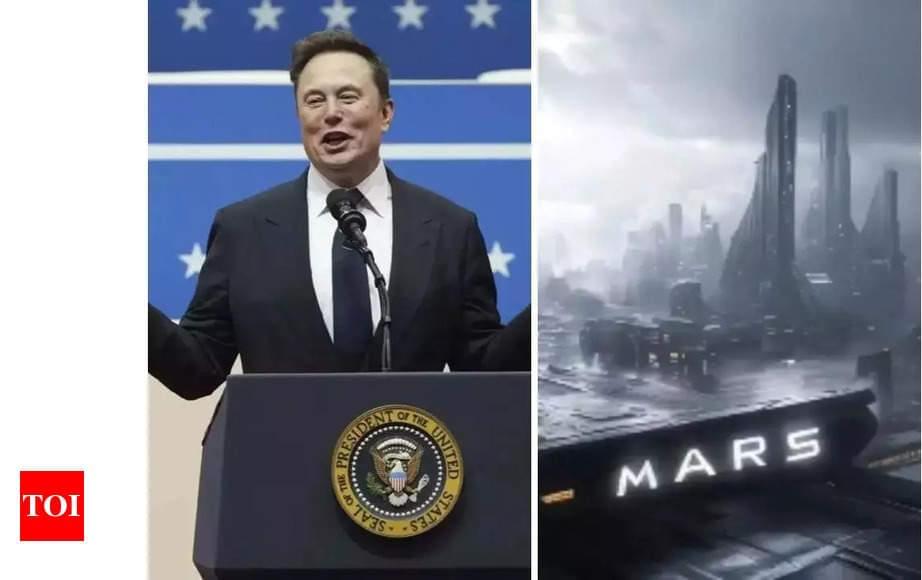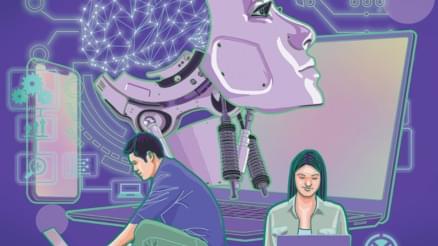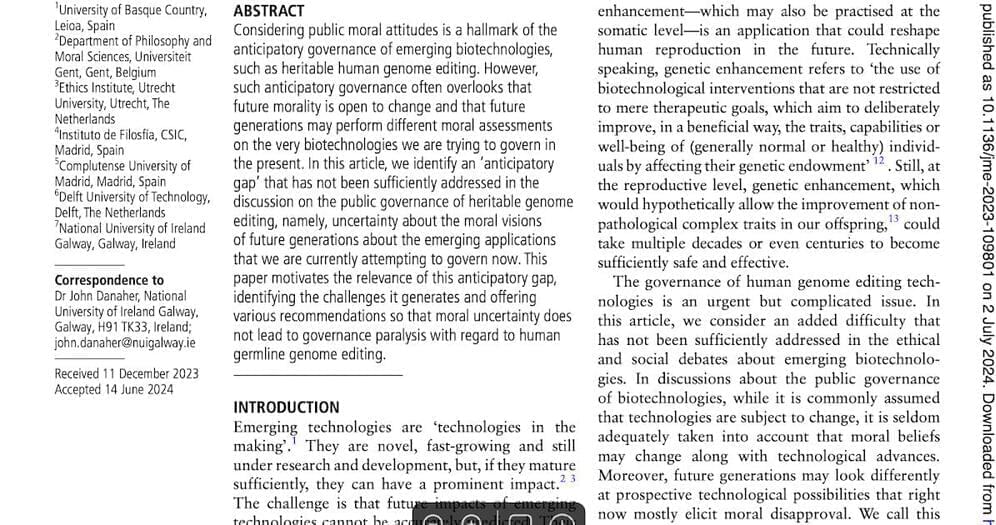Rufo Guerreschi.
https://www.linkedin.com/in/rufoguerreschi.
Coalition for a Baruch Plan for AI
https://www.cbpai.org/
0:00 Intro.
0:21 Rufo Guerreschi.
0:28 Contents.
0:41 Part 1: Why we have a governance problem.
1:18 From e-democracy to cybersecurity.
2:42 Snowden showed that international standards were needed.
3:55 Taking the needs of intelligence agencies into account.
4:24 ChatGPT was a wake up moment for privacy.
5:08 Living in Geneva to interface with states.
5:57 Decision making is high up in government.
6:26 Coalition for a Baruch plan for AI
7:12 Parallels to organizations to manage nuclear safety.
8:11 Hidden coordination between intelligence agencies.
8:57 Intergovernmental treaties are not tight.
10:19 The original Baruch plan in 1946
11:28 Why the original Baruch plan did not succeed.
12:27 We almost had a different international structure.
12:54 A global monopoly on violence.
14:04 Could expand to other weapons.
14:39 AI is a second opportunity for global governance.
15:19 After Soviet tests, there was no secret to keep.
16:22 Proliferation risk of AI tech is much greater?
17:44 Scale and timeline of AI risk.
19:04 Capabilities of security agencies.
20:02 Internal capabilities of leading AI labs.
20:58 Governments care about impactful technologies.
22:06 Government compute, risk, other capabilities.
23:05 Are domestic labs outside their jurisdiction?
23:41 What are the timelines where change is required?
24:54 Scientists, Musk, Amodei.
26:24 Recursive self improvement and loss of control.
27:22 A grand gamble, the rosy perspective of CEOs.
28:20 CEOs can’t really say anything else.
28:59 Altman, Trump, Softbank pursuing superintelligence.
30:01 Superintelligence is clearly defined by Nick Bostrom.
30:52 Explain to people what “superintelligence” means.
31:32 Jobs created by Stargate project?
32:14 Will centralize power.
33:33 Sharing of the benefits needs to be ensured.
34:26 We are running out of time.
35:27 Conditional treaty idea.
36:34 Part 2: We can do this without a global dictatorship.
36:44 Dictatorship concerns are very reasonable.
37:19 Global power is already highly concentrated.
38:13 We are already in a surveillance world.
39:18 Affects influential people especially.
40:13 Surveillance is largely unaccountable.
41:35 Why did this machinery of surveillance evolve?
42:34 Shadow activities.
43:37 Choice of safety vs liberty (privacy)
44:26 How can this dichotomy be rephrased?
45:23 Revisit supply chains and lawful access.
46:37 Why the government broke all security at all levels.
47:17 The encryption wars and export controls.
48:16 Front door mechanism replaced by back door.
49:21 The world we could live in.
50:03 What would responding to requests look like?
50:50 Apple may be leaving “bug doors” intentionally.
52:23 Apple under same constraints as government.
52:51 There are backdoors everywhere.
53:45 China and the US need to both trust AI tech.
55:10 Technical debt of past unsolved problems.
55:53 Actually a governance debt (social-technical)
56:38 Provably safe or guaranteed safe AI
57:19 Requirement: Governance plus lawful access.
58:46 Tor, Signal, etc are often wishful thinking.
59:26 Can restructure incentives.
59:51 Restrict proliferation without dragnet?
1:00:36 Physical plus focused surveillance.
1:02:21 Dragnet surveillance since the telegraph.
1:03:07 We have to build a digital dog.
1:04:14 The dream of cyber libertarians.
1:04:54 Is the government out to get you?
1:05:55 Targeted surveillance is more important.
1:06:57 A proper warrant process leveraging citizens.
1:08:43 Just like procedures for elections.
1:09:41 Use democratic system during chip fabrication.
1:10:49 How democracy can help with technical challenges.
1:11:31 Current world: anarchy between countries.
1:12:25 Only those with the most guns and money rule.
1:13:19 Everyone needing to spend a lot on military.
1:14:04 AI also engages states in a race.
1:15:16 Anarchy is not a given: US example.
1:16:05 The forming of the United States.
1:17:24 This federacy model could apply to AI
1:18:03 Same idea was even proposed by Sam Altman.
1:18:54 How can we maximize the chances of success?
1:19:46 Part 3: How to actually form international treaties.
1:20:09 Calling for a world government scares people.
1:21:17 Genuine risk of global dictatorship.
1:21:45 We need a world /federal/ democratic government.
1:23:02 Why people are not outspoken.
1:24:12 Isn’t it hard to get everyone on one page?
1:25:20 Moving from anarchy to a social contract.
1:26:11 Many states have very little sovereignty.
1:26:53 Different religions didn’t prevent common ground.
1:28:16 China and US political systems similar.
1:30:14 Coming together, values could be better.
1:31:47 Critical mass of states.
1:32:19 The Philadelphia convention example.
1:32:44 Start with say seven states.
1:33:48 Date of the US constitutional convention.
1:34:42 US and China both invited but only together.
1:35:43 Funding will make a big difference.
1:38:36 Lobbying to US and China.
1:38:49 Conclusion.
1:39:33 Outro






